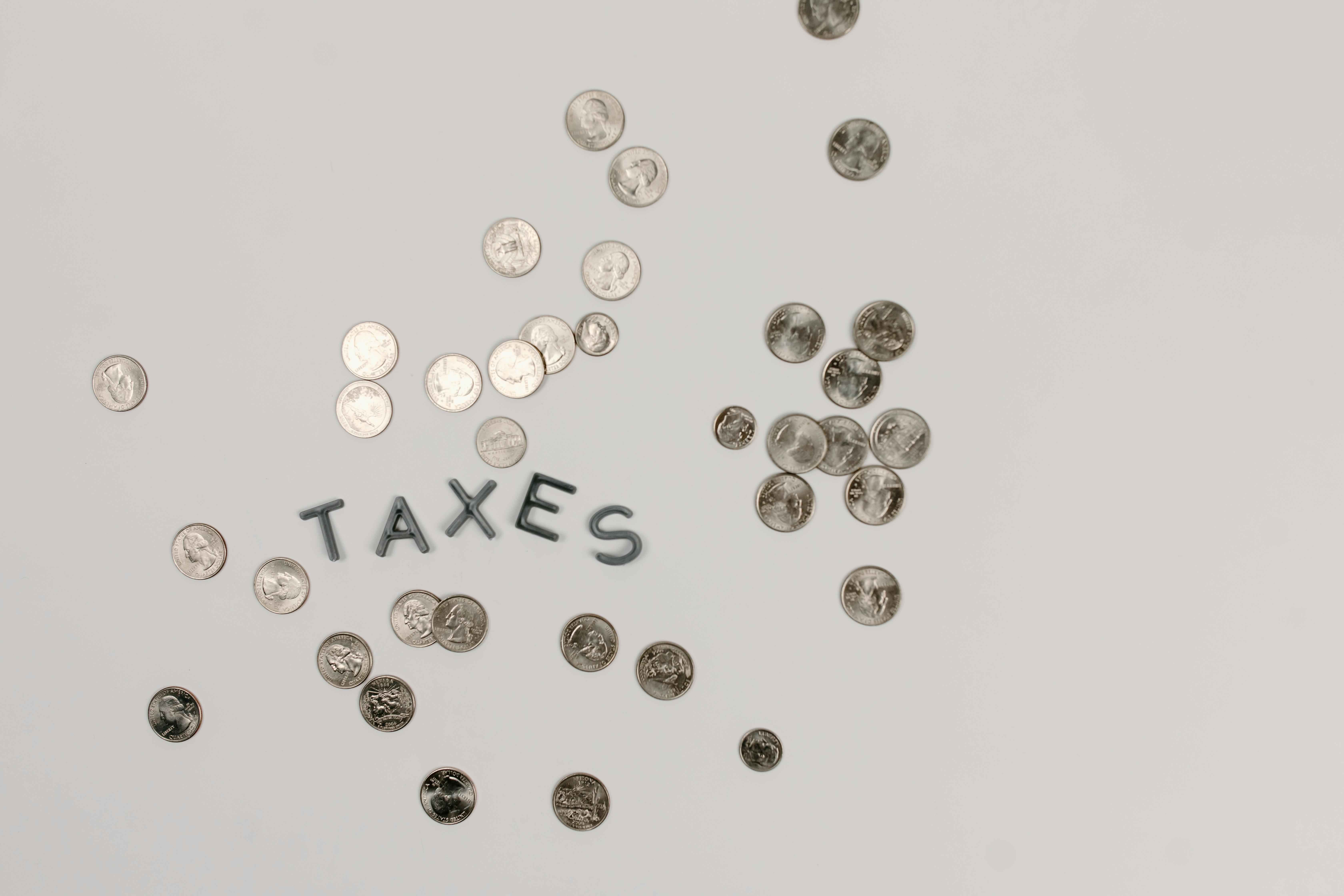Introduction
VeChain (VET) is a blockchain platform focused on enterprise-level supply chain tracking and real-world business applications. Its two-token system — VET for value transfer and VTHO for gas — allows companies to interact with the blockchain without worrying about fluctuating transaction fees. But for Canadian investors, this innovative structure also introduces added complexity in tax reporting.
The Canada Revenue Agency (CRA) treats both VET and VTHO as digital assets, and transactions involving them are subject to capital gains or income tax. Here's how Canadian users should approach VeChain activity from a tax compliance perspective.
Buying and Holding VET
Purchasing VET with Canadian dollars is not a taxable event. However, it’s essential to track the purchase price, transaction fees, and quantity to establish your adjusted cost base (ACB). This figure will determine your gain or loss upon disposal.
If VET is acquired through decentralized platforms or peer-to-peer transactions, make sure to record the fair market value in CAD at the time of the trade. CRA requires consistent documentation, even when exchanges do not provide detailed reports.
VTHO Rewards and Taxable Income
Holding VET passively generates VTHO tokens, which are used to pay transaction fees on the VeChain network. These VTHO rewards are considered income when received and must be reported at their fair market value in Canadian dollars at the time of accrual.
Although the dollar value of VTHO rewards is often small, they are still taxable. Over time, accumulation from large holdings can become significant. If you later dispose of the VTHO, any change in value from the time of receipt to the time of sale or use may result in a capital gain or loss.
Spending, Selling, or Exchanging VET
Selling VET for fiat, using it for payment, or trading it for another token triggers a taxable event. You must calculate the capital gain or loss by comparing the token’s fair market value at the time of disposal with its ACB.
The same applies to swapping VET for ETH, BTC, or even VTHO. Crypto-to-crypto trades are fully reportable under Canadian tax law, even if no fiat currency is involved.
Wallet Transfers and Recordkeeping
Moving VET between wallets you own is not considered a taxable event. However, it’s crucial to maintain accurate logs of all wallet addresses, transaction dates, and corresponding ACBs. Since VET is often stored on wallets that also generate VTHO, failing to separate and track token inflows can result in inaccurate reporting.
Make sure to identify whether each incoming token is a transfer, a reward, or a trade — especially if managing multiple wallets or platforms.
Airdrops, Incentives, and Node Rewards
If you receive VET through airdrops, marketing incentives, or node-related bonuses, these may be classified as income depending on how and why they were distributed. Document the value at the time of receipt, even if the tokens were distributed automatically.
For node operators receiving larger rewards or delegated tokens, a more detailed analysis may be required to separate income from capital gains, depending on your role and activity level.
Conclusion
VeChain’s structure makes blockchain more usable for businesses, but it also adds layers of complexity for Canadian crypto holders. Tracking VET, VTHO, and their tax implications requires care and consistency.
Block3 Finance helps Canadians accurately report VeChain activity — from staking-like VTHO rewards to wallet reconciliation and token swaps. We ensure your VET transactions are tax-compliant and audit-ready.
If you have any questions or require further assistance, our team at Block3 Finance can help you.
Please contact us by email at inquiry@block3finance.com or by phone at 1-877-804-1888 to schedule a FREE initial consultation appointment.
You may also visit our website (www.block3finance.com) to learn more about the range of crypto services we offer to startups, DAOs, and established businesses.
